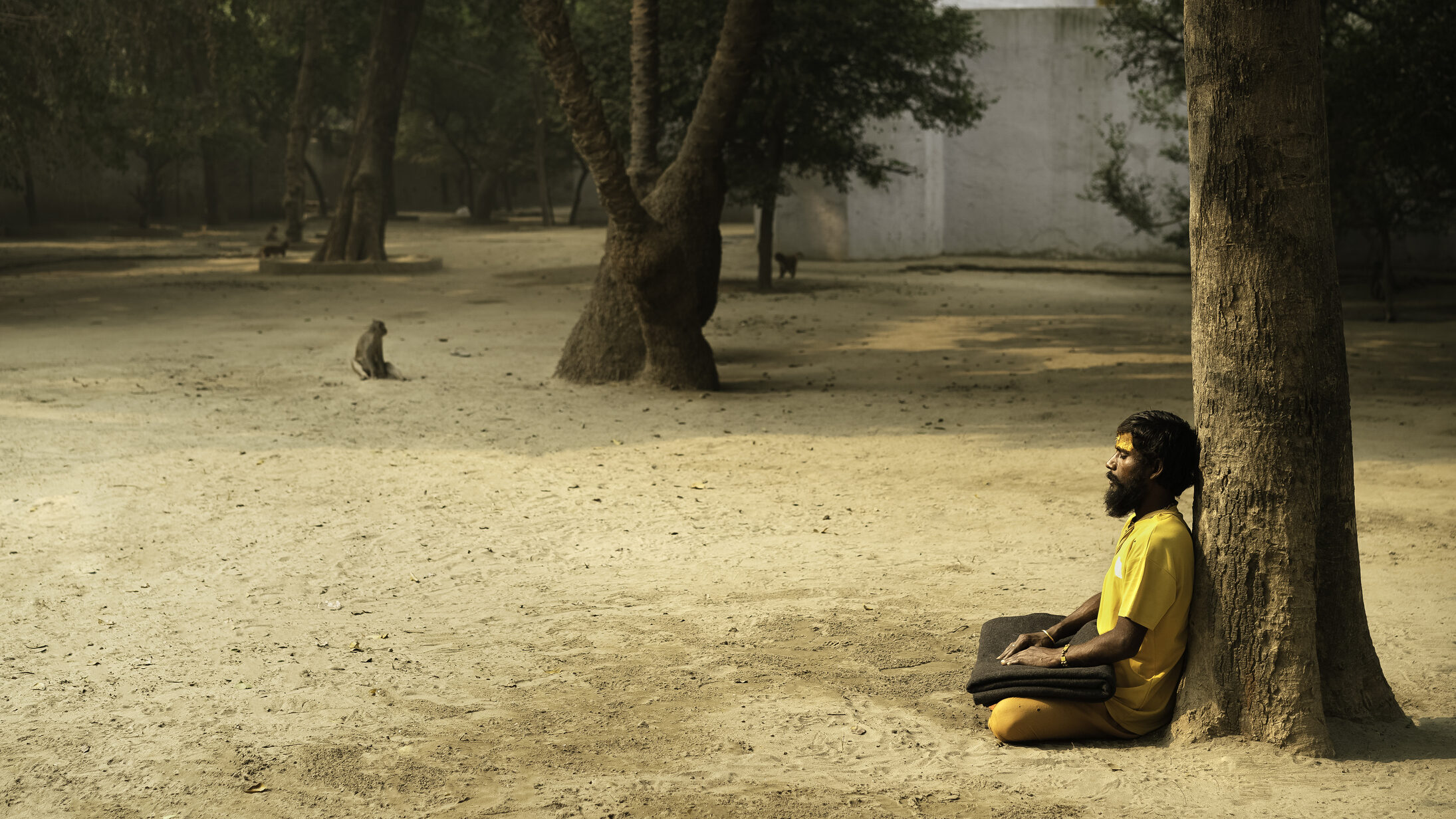
śṛńgāra [love, pleasure or delight that emerges between lovers, ornamentation]
In the poems and prayers of the Bhakti tradition, śṛńgāra leads a sweet yet mysterious double-life.
On the one hand, in the spiritual tradition where jewels, trimmings, and decorations meet our eyes every day, śṛńgāra is ornamentation. On the other hand, through the Bhakti practice of serving and nurturing divine love (prema), śṛńgāra refers to the deepest and sweetest emotion experienced by the heart.
How is this double-meaning possible? Only in the practice of Bhakti.
In the most evolved expressions of this practice, the two meanings of śṛńgāra shift seamlessly. The brilliant verses of Viśvanātha Cakravartī Ṭhākura, for example, move quickly from one meaning to the other.
Continue reading





